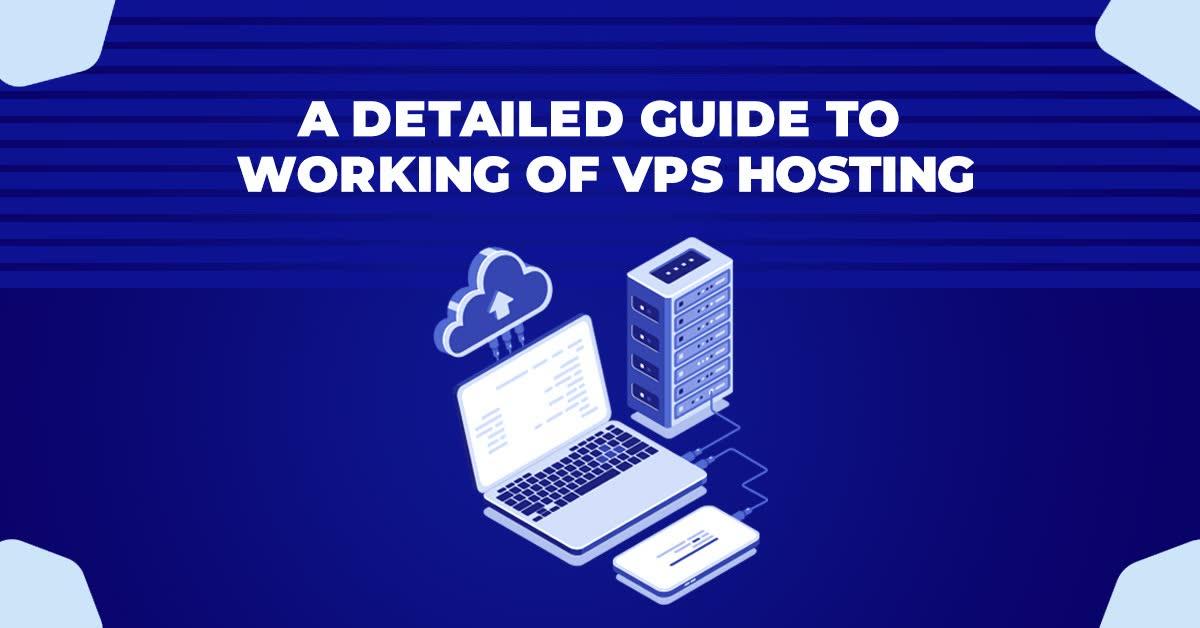Annual Website Review: The 10 Steps To Follow
So, you want to follow through with an Annual Website Review to monitor your business, start-up, and website operations. Where should you start? It is an integral part of any company, irrespective of whether it’s an established business or a new venture altogether. Website reviews help a lot. It is an important aspect of digital marketing strategy. Businesses ought to change as trends and themes in customer behavior and market behavior change. Therefore, a website review is essentially a procedure for evaluating the performance of your website in relation to various criteria, which are prone to change. As your firm grows and consumer preferences shift and transform, your website should as well.
Performance evaluations help to promote and impact internal communication and professional development. To stand apart from the rest of the crowd, especially your competitors, to stay ahead of the game, and to continue to be innovative, it is important to conduct such reviews. There are certain steps to follow when you opt for an Annual Website Review. This article will guide you through these steps and provide help on an informational basis.
Step 1: The Audience
The target audience must be considered while evaluating any website. The right audience matters the most, and to pertain to the right audience, you must identify your audience and what exactly appeals to them. Factors to keep in mind are how to address the audience, what issues pertaining to them, and how exactly are you planning to assist them.
Upon research and acknowledgment, examine the website from the perspective of the target audience. Technical pizzazz and glamour may be eye-catchy, however, your website requires ease of navigation, making it easier for your audience to go through your website.
Step 2: Precaution And Improvement In Security
Any website is prone to get compromised. Hence, security is an important measure. You may consider including Software Plugins as one of the solutions when you complete your website review. Numerous websites are compromised every day as a result of obsolete and archaic software. Sites are often scanned by potential hackers and bots for future, potential website attacks.
Adding HTTPS and an SSL Certificate also proves to be of great benefit. Secure Sockets Layer, or SSL, exchanges visitors’ personal data between your database and the website. Information is encrypted with SSL to prevent third parties from penetrating your website and reading vital information.
Step 3: Thorough Content Analysis
A thorough examination of the website material and content must be conducted. At times, specific topics or sections of content require updating. Examining content areas consisting of contact details, personnel information, a list of employees, the goods and services you provide, and any news or related events helps the audience viewing the website easier access to what you’re willing to offer.
It must be made sure that there are no broken links, lackadaisical, backdated information, or errors of any kind that are up on your website. Is the content still presented in the most effective manner for your audience’s perusal? Is your branding up to date? Have your website graphics undergone any changes recently? On a side note, you should also review your web statistics, analytics, and SEO.
Step 4: Website Redecoration
A redesign, redecoration, or a new fresh look for your website every few years is a reasonable expectation for the majority. Visitors are able to discern an obsolete design style and some may base their selection or purchase decisions on that fact alone.
Hence, despite perfect and well-formulated content, if your website design is outdated and not up to the trends and styles of the status quo, it’ll fail to appease your audience. Consider your competitors and the look and feel of their websites, and learn what exactly is it that needs to change on your website. A new look may prompt more traffic to your website.
Step 5: Reconsider Hosting Choices
The hosting service that you opt for may continually, on a periodic basis update their service and add features that best suit your needs. However, if your current hosting service is up for renewal, you may wish to pursue other hosting services that are specifically accommodative of your website needs. For changing domain names or servers best suited for you, you may choose to upgrade to any latest hosting services. One of them is Super Byte Hosting.
Step 6: Expirations And Renewals
You must make sure that you renew each of your domain names on the schedule. The domain name for your website is your most valuable asset, and letting it expire could be disastrous.
In fact, spending a little more time contacting tech support to sync up renewal dates proves to be beneficial.
Step 7: Keep Up With Competition
Keep your friends close, but your enemies closer — this goes for any company, service, or new startup. Inspection of the websites of your rivals to see if they address any subjects that would be equally important to your visitors is part of formulating a quality website review. It helps much more than you think. Keeping up with competition allows you to better yourself and perhaps, even, learn more.
What are the updates that your competitors have made on their websites that may also work for you? What can you learn from it, and what can you implement from it? It’s not that you are required to make additions, but it is better to be aware of the market than to lag behind.
Step 8: Device Cross-Testing And Compatibility
When browsers are updated, problems may tend to occur on websites even when your website is equipped with expert programming and design.
Therefore, testing should be done on all popular browsers and devices. This must be done frequently and once again, on a periodic basis. Websites are prone to crash and not work at regular intervals, hence, a check-up and cross-testing allow for safety and precaution.
Step 9: Service Under One Supplier
For practical reasons, keeping domain registration, hosting, SSL, web security, and email with just one vendor and one account is recommended.
If you have resources that are spread across several service providers, you should focus on the evaluation of the situation and look for possible consolidation opportunities. If any service requires updating or renewal, look into it and address it, as quickly as possible.
Step 10: Checking Back-Ups
Backups are very crucial for any website. Hence, you must make sure that both the website itself and the data attached with it are fully backed up. This ensures an extra layer of security, in case of any compromises. Make sure these backups are operational and that you are able to easily retrieve them.
You can backup your website by downloading a copy and burning it to a CD or DVD. If you wish to frequently update and add additional data to your website, plan monthly or quarterly backups for easier updating.
Conclusion
There are other steps that you can take into consideration when it comes to the actuation of an Annual Website Review. The aforementioned steps can be modified and adapted according to your website and company needs. A basic outline should be marked upon, before actually going forward with a website review. Know your analytics and your statistics and move forward with an attitude that will prove beneficial for your business venture. It is important to note that any review requires one adjustment at a time. Hence, maintain a well-balanced pace and work on one improvement at a time.












































